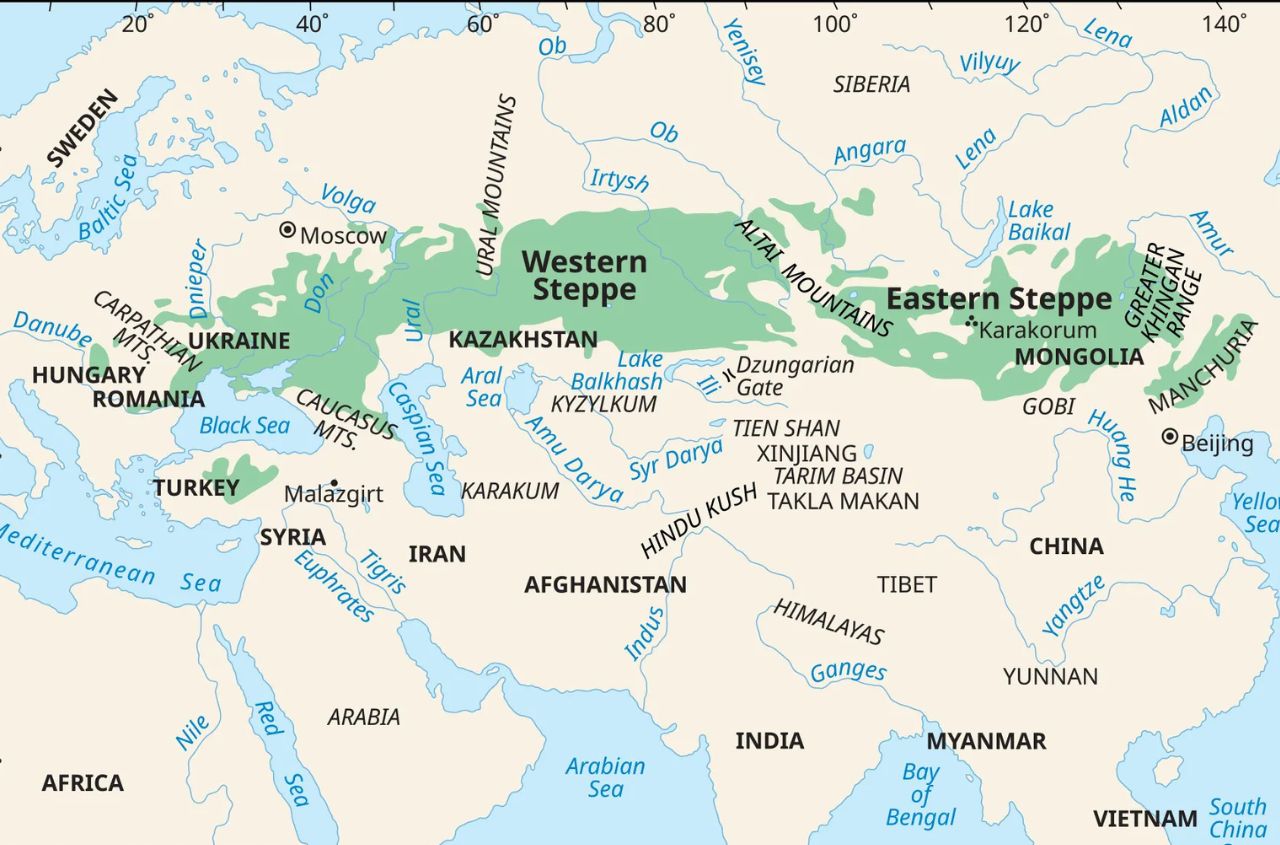The fall of Assad's regime has harmed Russia's interests far beyond Syria. This is highlighted in the article "Russia lost prestige after Assad's fall" by the Chatham House think tank – the Royal Institute of International Affairs.
The collapse of the dictator is a serious blow to Russia's reputation as a reliable ally capable of guaranteeing the survival of its partners. Since its military intervention in 2015, Moscow's propaganda machine has positioned Russia as a guarantor of stability and a defender of dictatorial regimes against external pressure and internal threats. This propaganda always drew parallels between Assad and the fates of American allies, attempting to contrast the Kremlin with "unreliable Americans."
The loss of Assad will undermine potential allies' trust in Russia's guarantees. Moscow will find it hard to claim that "we don't abandon our own."
Russia has also lost its investments—not just the millions of dollars in loans granted to Assad's regime. The military-diplomatic efforts to keep Assad in power have been futile and will not yield dividends. The total amount is still to be calculated.
Russia's military presence in Syria has long been a symbol of Moscow's political weight in Middle Eastern affairs. Moreover, it was Russia's military presence in Syria that largely caused its current alliance with Iran. With Assad's fall, Moscow has lost this lever. The collapse of Assad clearly demonstrated that it is too late for Russia to position itself as a global power.
Lessons learned
After Assad’s fall, Russia will likely adopt a ‘wait and see’ strategy, trying to understand how a new order will emerge in Syria. Moscow’s main goal will be to maintain at least a minimal level of influence through a military presence, for example, at its existing bases, or through contacts with other regional players, such as Turkey.
At the same time, Moscow will seek to minimize costs and reorient itself to more promising areas in the Middle East, such as the Arab monarchies of the Persian Gulf. Syria will remain important, but will no longer be a priority element of Russian strategy in the region.
The situation in Syria may, however, have a critical impact on Ukraine. One of the conclusions Kremlin strategists may draw is that Assad’s fall was the result of making too many concessions to opponents, allowing the civil war to become a protracted frozen conflict, and failing to take back enclaves under enemy control.
In Ukraine, this could manifest itself in a rejection of ceasefires or negotiations. Russia will likely take a harder line, believing that only force and imposing its own conditions can ensure positive long-term results.





















